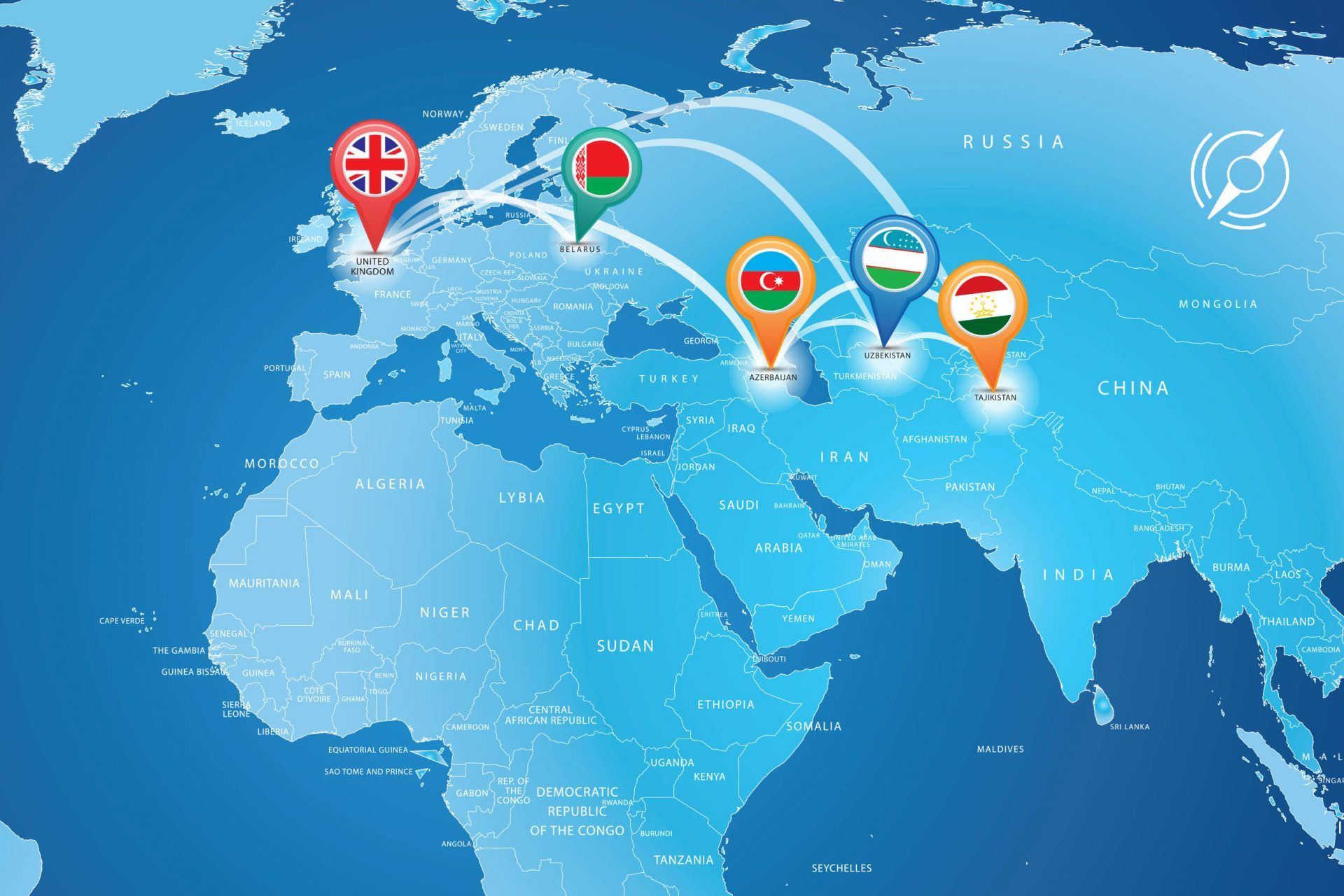GCRF Compass
- GCRF Cluster Project AGRE (2020-21), 1st Phase ‘Fostering Adaptive Governance and Resilience in Local Communities of Central Eurasia: from fragmented pasts to connected futures?’. The project is led by Durham University (Professor Michael Crang) in partnership with Kent University (Professor Korosteleva and Dr Irina Petrova) and Oxford University (Dr Ariell Ahearn and Dr Troy Stenberg) in the UK, and currently three partners in the region – Laajverd Project (Dr Zahra Hussain), Belarusian State University (Dr Artsiom Nazaranka) and Innovation & Scientific Research Centre Tashkent (Shakhboz Akhmedov and Dr Akram Umarov). The project aims to connect the partners across the wider region to work co-jointly towards 1) conceptualising and unpacking fragilities and communities’ resilient response; and 2) setting up a wider framework for a new Cluster bid application in 2021.
- Joint Fundamental Research Project of the Belarusian Republican Foundation for Fundamental Research and the State Committee on Science of the Ministry of Education and Science of the Republic of Armenia; Name of proposal – “Ethnocultural processes in the XX – XXI centuries: a comparative study of the cities of Armenia and Belarus” awarded to BSU
- Jean Monnet project funded by EACEA: Migration Processes in Central and Eastern Europe: History & Contemporary Challenges; awarded to BSU July 2019
- British Council Creative Spark Higher Education Enterprise programme: COMPASS partner ADA University with Azerbaijan State University of Culture and Arts, supported by the University of Kent COMPASS
- ERASMUS Mobility project Phase II, awarded to Kent and BSU, under the leadership of Prof. Korosteleva (POLIR) and Dr Nazaranka (BSU), and Primrose Paskins from International Partnerships
- Global Research Network Grant from the Korean National Research Foundation for 2019-2021 was won by Dr. Saxena and P. Kalra (University of Cambridge) in collaboration with Prof. Shin (Hanyang University, South Korea), Prof. Dzarasov (Central Institute of Economics and Mathematics of the Russian Academy of Sciences and Dr Muratbekova (Eurasian Research Institute, Almaty, Kazakhstan) for research on ‘History of Eurasian Knowledge and Science Network in Evolution of Eurasian and Regional Integration’. The research aims at finding a constructive and mutually-beneficial way for using science-technology diplomacy for South Korea and Eurasia that would maximise both the potential of Eurasia and its cooperation with South Korea.
